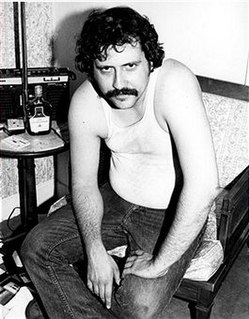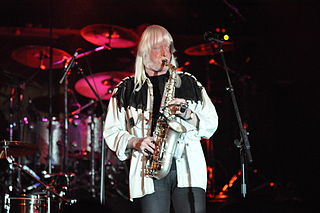A Quote by Lester Bangs
All the proliferating falsifications of what I and everyone I know experienced once in what it is now so convenient to call the "fifties" or "sixties," as if life was really measured or lived in arbitrary decades, when the history books are sold like comix.
Related Quotes
I feel a responsibility, as I get older, to be responsible to what I've experienced, to what I've lived and been in a position to witness. I realize now that as a consequence of having lived the life I have, quite apart from the one, as I understand it, lived by most American writers, maybe I now know some things and have some stories to tell that others don't know about or wouldn't be able to tell. Maybe there's an intrinsic value in that lived experience and knowledge, though of course what you do with it is everything.
The first step is to measure whatever can easily be measured. This is OK as far as it goes. The second step is to disregard that which can't be easily measured or to give it an arbitrary quantitative value. This is artificial and misleading. The third step is to presume that what can't be measured easily really isn't important. This is blindness. The fourth step is to say that what can't be easily measured really doesn't exist. This is suicide.
The rare, delicate flavor of a life after retiring in one's sixties, whatever one has "retired" from, the pleasure I experienced beyond my job at Columbia, is a gift of life in the last decades. but it is not easily learned. . . . But sometimes, the only way to live is to get out, or at least seriously to contemplate getting out, doing the impossible,flinging the conventional tea.
In the fifties, you have your beauty as a treat. I thought that until I hit the sixties.In your sixties, life decides to reward you with certain kinds of profound appreciation, so that people name their children and schools and libraries after you! And you still have your sexuality and your sensuality. If you want your sexuality, you still have it.
I think The Doors are one of the classic groups, and I think we're all tempted to feel like the time in which we grew up was somehow special, but I really do believe that there were two golden eras in music: The Forties and Fifties of big band, jazz and swing, and the Sixties and Seventies of rock. To me, they're really unparalleled.




































